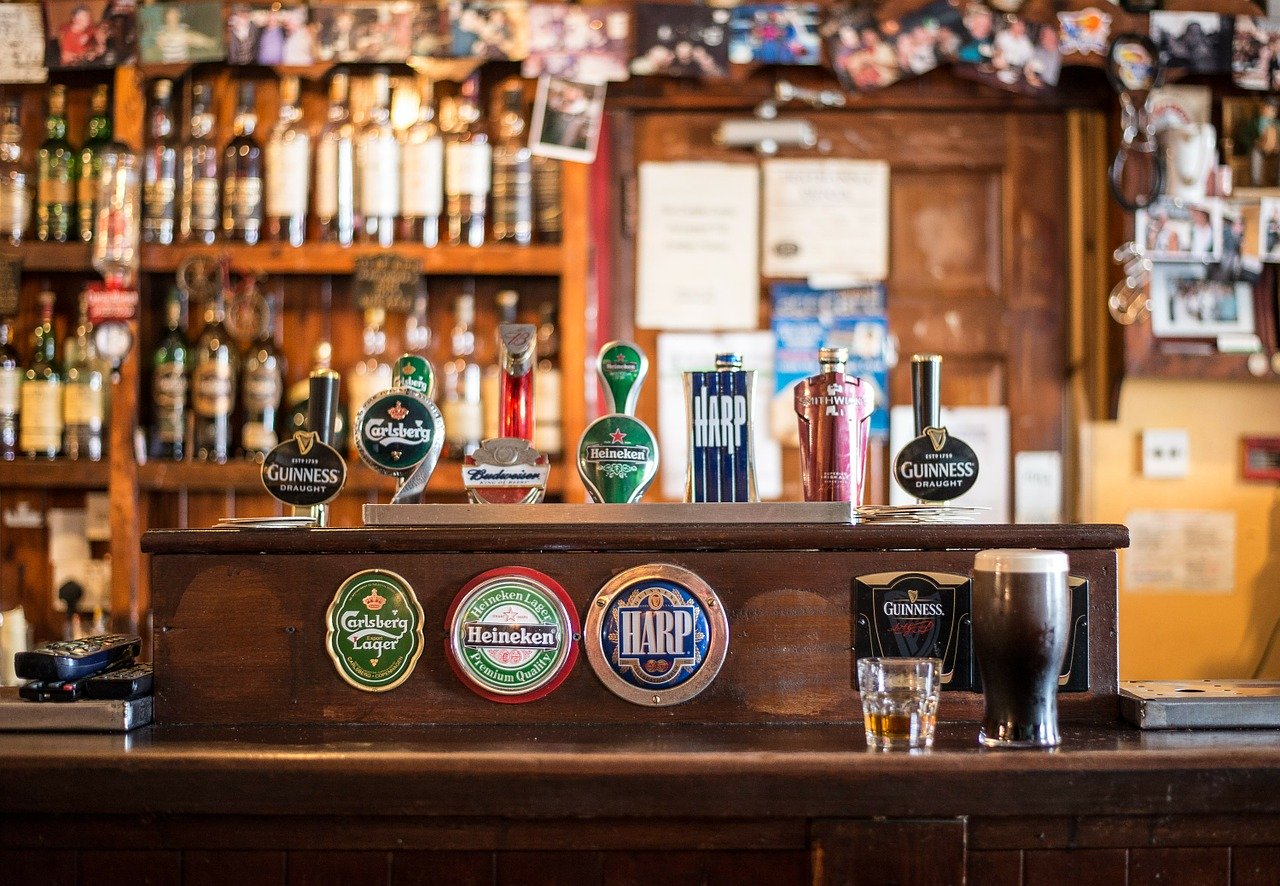Begbies Traynor: Continued financial distress puts over 500,000 UK firms in danger
A record 527,000 UK businesses were in significant financial distress at the end of June 2020 thanks to seven consecutive quarters of increased financial impairment, according to the latest Red Flag Alert research by Begbies Traynor.

The newly published research also finds that this represents a considerable increase of 7% since the start of the year, and 9% year on year. The rise could have been much higher, were it not for reduced court activity due to the coronavirus pandemic which has substantially reduced the number of CCJs and winding up petitions being taken against indebted companies.
Begbies Traynor data shows that there were 18,107 CCJs lodged against companies during March, April and May in 2019, with only 10,766 lodged in the same period during 2020, a fall of more than 40%.
The situation is even more profound with regard to the more serious winding-up petitions. During March, April and May 2019, 926 were lodged compared to 247 during the same period in 2020, a fall of 73%.
Even though all 22 sectors (measured by the Red Flag Alert research) showed an increase in significant distress, it is likely that the true impact of the coronavirus pandemic will only become apparent during the third and fourth quarters of 2020 as government support initiatives are unwound and courts fully reopen so that enforcement action can be taken.
In the real estate and construction sector, more than 17,000 firms have fallen into distress with 6% more commercial builders and 4% more house builders in significant financial distress.
In the second quarter of this year, almost 16,000 automotive businesses were in distress marking an increase of more than 1,000 in the same quarter of 2019.
Unsurprisingly, sports and health clubs have suffered disproportionately during the COVID-19 crisis and over the past year, more than 1,000 additional firms in this sector have encountered significant financial distress. There are now almost 10,000 of these businesses adversely affected at the end of Q2.
However, the extensive Government support measures have masked the true extent of the distress within this sector, as well as the hospitality and retail sectors, and is only likely to become apparent once the furlough scheme is removed.
Despite the ONS reporting a 20% increase in online retail sales during May much of the retail sector has felt the negative effects of coronavirus since the start of the year. The number of online retail businesses in distress has increased by 7% since the start of this year, with a 7% increase for fashion retailers and a 6% rise in high street retailers.
For the bars and restaurant sector, the news is similar. A 6% increase since the start of the year and a 4% increase in the last quarter. Unsurprisingly, pubs bear the brunt of that increase with a 6% rise in the number of businesses in significant distress in the last quarter alone, and a 9% increase since the start of the year.
Julie Palmer, partner at Begbies Traynor, said: “The latest figures from our Red Flag Alert research show that there is a dam of company financial distress waiting to break upon the UK economy. Despite more than 30,000 businesses having fallen into distress since the start of the year, the real level of corporate underperformance is being concealed by inaction on distressed businesses in the courts.
“With government initiatives to support businesses now winding down, we will start to see the true impact of coronavirus on the UK during the autumn. This crisis will force many zombie companies out of business. While these were clinging on to survival prior to the pandemic, many will now have become simply unviable due to high levels of debts and poor sales. Going forward, businesses that have the capital and the management ability, will adapt to the new normal and likely flourish at the expense of weaker rivals.
“It is likely that this situation will get worse for many businesses before it gets better, but those that can operate and adapt to these conditions will survive the flood and live to prosper on the other side.”
- Read all of our articles relating to COVID-19 here.









